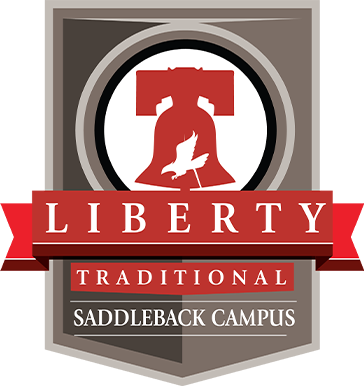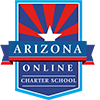Summer break can get expensive; the key word in this sentence is CAN. There are so many ways to keep children’s minds and bodies actively entertained while they are off school for the next few months. And enjoying fun-filled summer break activities does not mean having to empty your wallet.
Show children how to make memories full of thrills and skills with low to no costs. Teach children to be crafty when seeking entertainment and help them steer clear of summer brain drain.
- Visit our public library, douglasaz.org/library/, and check out the summer activities they have going on. Make a weekly habit of checking out books and set a goal of reading 10-25 books during the summer. Celebrate when you reach the goal with a special dinner, or buy your child a brand new book.
- Measure the dimensions of your house in square footage. Measure the perimeter in feet and inches. Have your child try to sketch out a basic floorplan of your house (using simple boxes, rectangles, triangles, etc. to represent rooms) and watch them learn what a blueprint is.
- If you have one, bring a calculator along with you on your next grocery store shopping trip. Have your child total the cost of groceries as you shop. Older children can calculate the taxes on non-food items.
- Start a penny or change jar. When it gets full, estimate how much money is in the jar. Then count it and see who in the family was closest. You can also take it to a Coinstar machine at the grocery store and have it turned into dollars, then buy a special treat or add it to your child’s allowance.
- Read a book with your child that has a movie version. After you complete the book, watch the movie together. Discuss the similarities and differences between the two versions of the story. Talk about which one you and your child liked better and why. Here are some of our favorite suggestions: Charlie and the Chocolate Factory by Roald Dahl; Jumanji by Chris Van Allsburg; The Lorax by Dr. Seuss; Charlotte’s Web by E.B. White; The Lion, the Witch, and the Wardrobe by C.S. Lewis; The Secret Garden by Francis Hodgson Burnett; Matilda by Roald Dahl; Holes by Louis Sachar; Bridge to Terabithia Katherine Paterson; Harry Potter (the whole series!) by J.K. Rowling.
- Make sock or paper bag puppets and put on a puppet show of your favorite fairy tale or fable.
- Set aside a family board game night. Play math and reading oriented games. Here’s what we suggest as the best educational games: Apples to Apples; Pay Day; Countdown; Sorry!; Mousetrap; The Allowance Game; Connect Four; Life; Blokus; Chess; Scrabble; Clue; Boggle; Monopoly; Mancala; Memory; Lexogon; Name that Country; The Ungame; Guess Who?
- Cook or bake together. Practice following the steps/directions in a recipe and give your child the task of measuring the different ingredients. This provides practice using different measurement tools (i.e. cups, tablespoons, teaspoons, etc.) and reinforces that math is useful in everyday life.
Every one of these fun activities is absolutely priceless! Do you have any more to suggest? Let us know in the comments below.



